by Lilianna Hardt
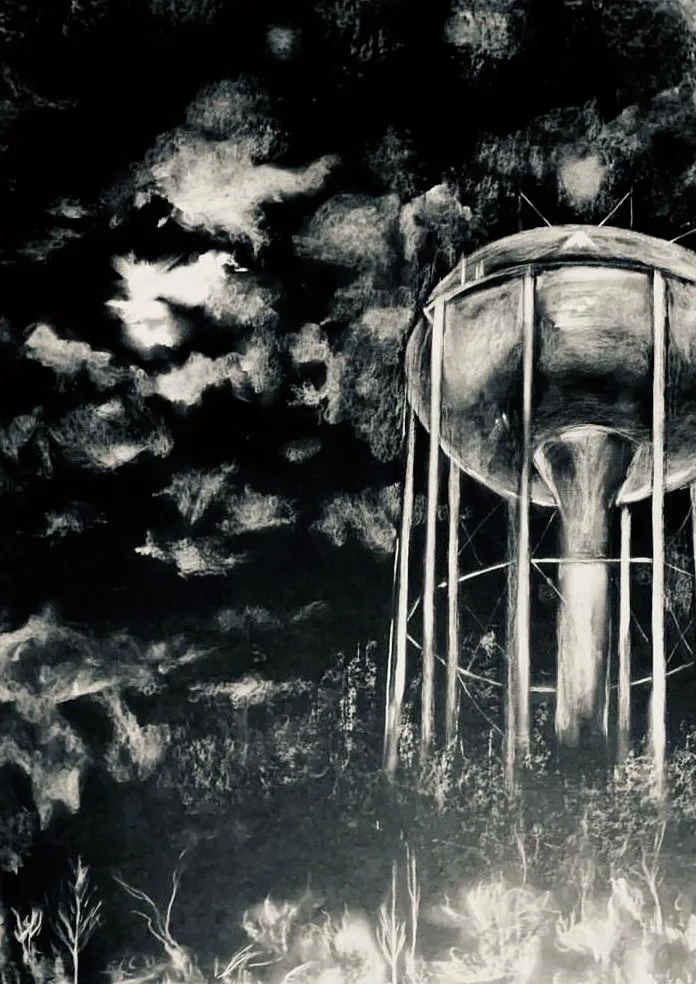

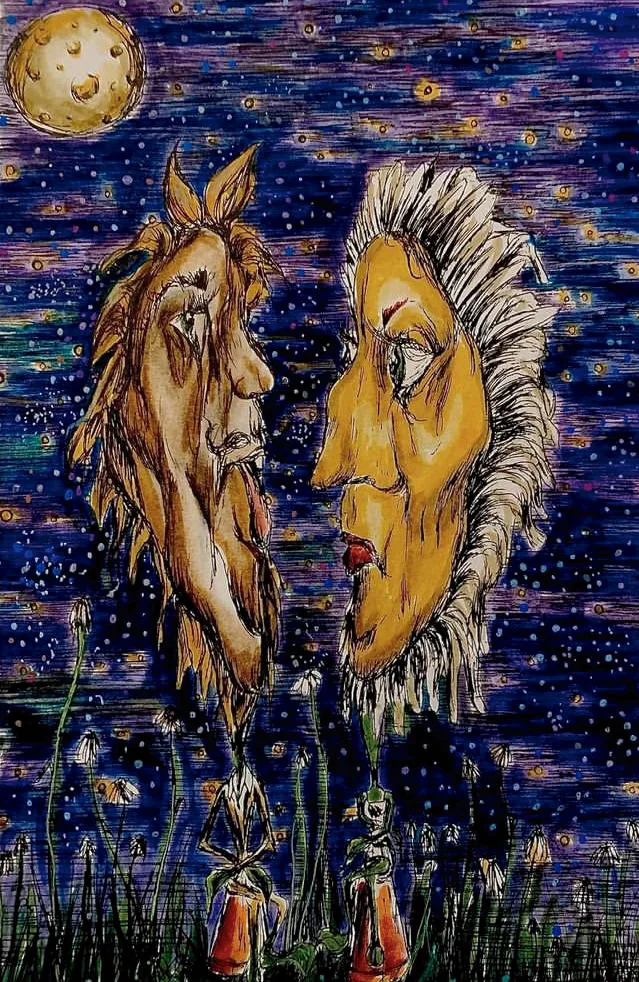
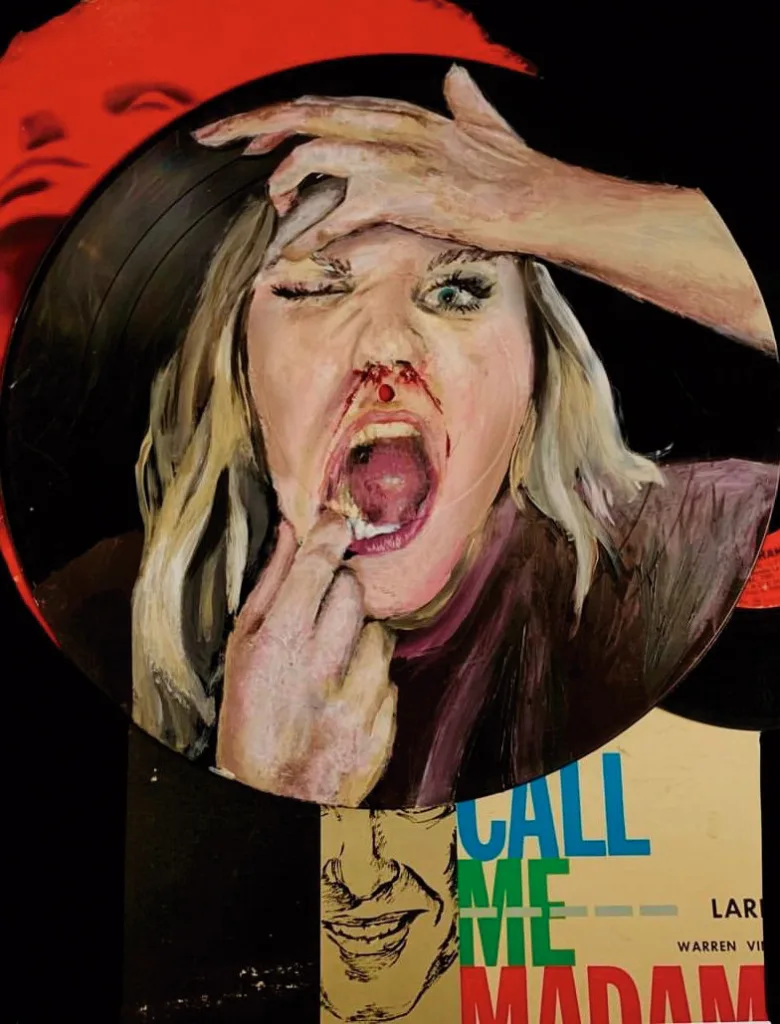
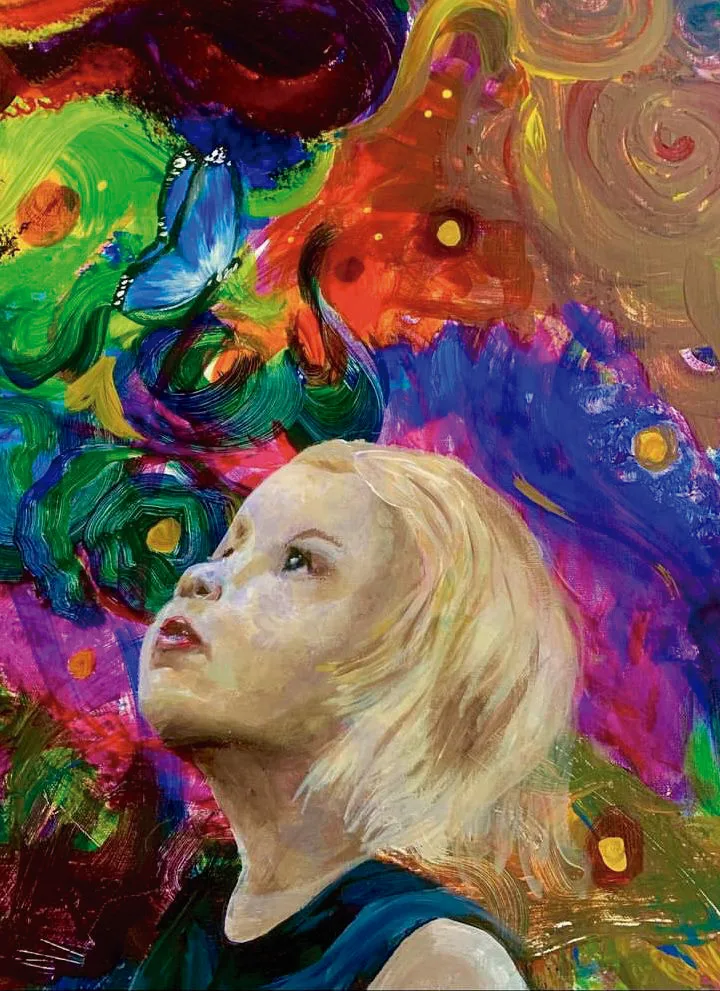
by Lilianna Hardt
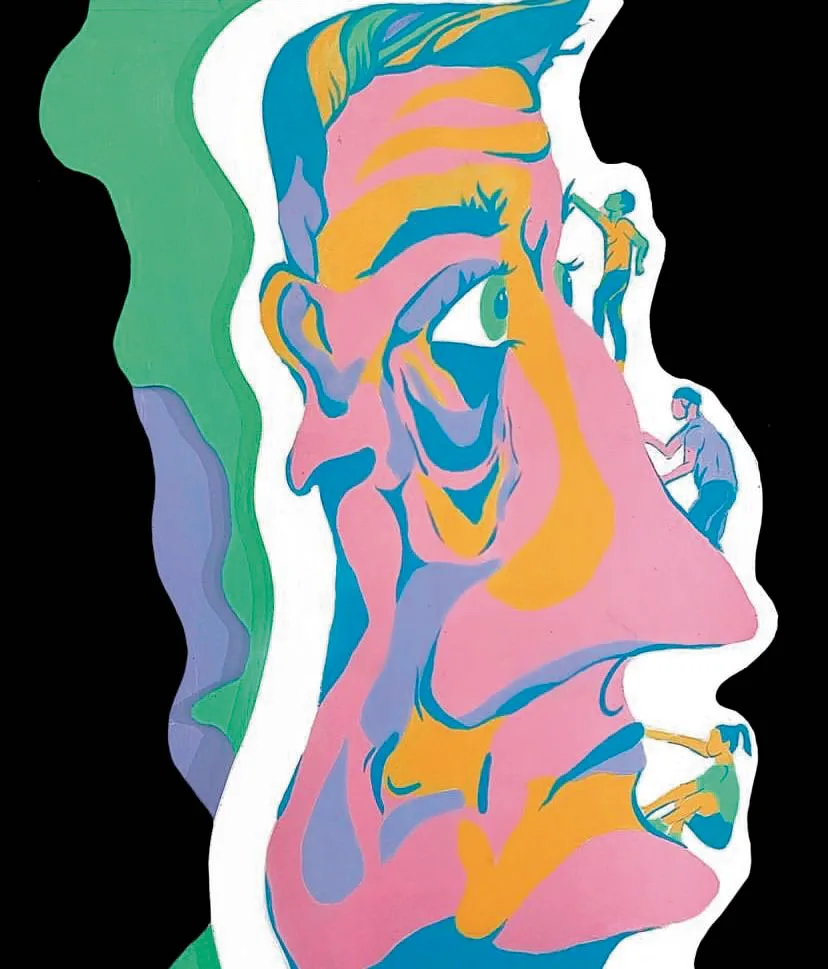
by Eliza Aguirre
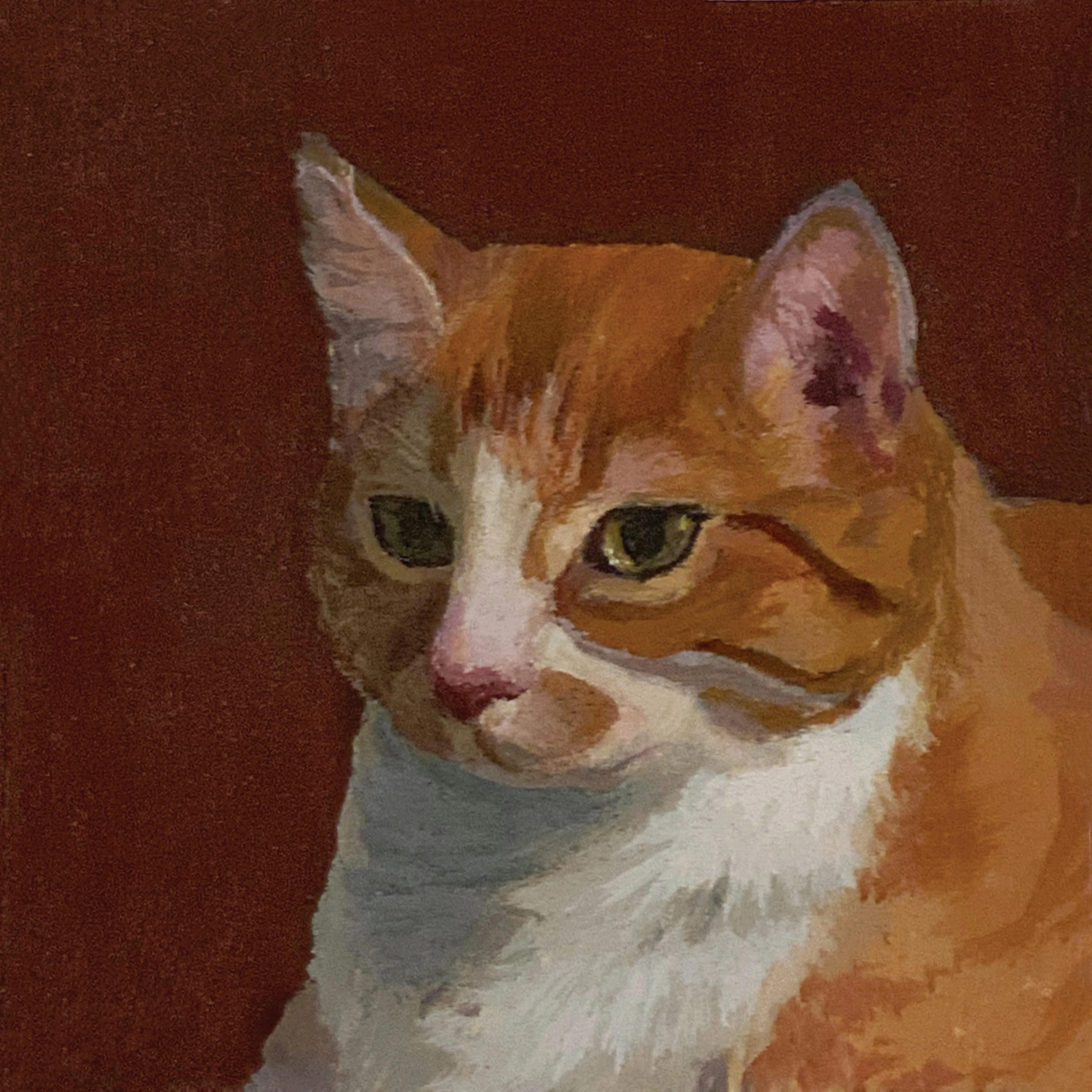
by Daisy Deaton
Once upon a time, there lived a spider on her web.
She was a lonely spider, with no family or friends.
Although a lovely spider, still quite lonely was she.
And every night she wished, “Please let someone come to me.”
Now, Atha was this spider’s name, and what she loved most of all
was the music made by autumn leaves when from the trees they fall,
the blooming of the flowers and the sprouting of the plants,
the crunching of the snowbanks. All made Atha want to dance.
What she wanted most was to make music of her own,
but she had no inspiration. As I’ve said, she was alone.
“Oh, how I wish,” said Atha, “there was someone by my side
to stay with me and live with me. And if there were, then I’d
write them pretty music.” But she had no one, so she cried.
One day Atha sat outside, just basking in the sun.
A caterpillar moved in next door, a fat and happy one.
“Hello,” said he, “My name is Gus. I’ll be staying here a while.
How nice to meet you. And your home is lovely.” Atha smiled.
The spider quickly learned this caterpillar meant no harm.
The pair sat and laughed together, clasping their many arms.
“Finally,” the spider thought. “I finally have a friend.
I hope he stays forever so our friendship never ends.”
As time went on a small idea bloomed in Atha’s mind.
She had the inspiration she had always tried to find.
“I finally have something that I thought I’d never get.
He seems to be a friend, at least he hasn’t bolted yet.”
And so the spider Atha decided to write her Spinuet.
Every evening after she had spent the day with Gus,
she stayed up late working on her music. And she’d fuss,
“This bit’s too fast. This here? Too short. I’ll have to change this part.”
It wasn’t just a piece of music, it was a work of heart.
The fiery summer days soon slowly segued into fall.
When days were cold the pair wore webby blankets as a shawl.
Gus was often tired, so Atha gave him time to rest.
While he slept she worked on her music. She wanted it to be the best.
Her song was coming on quite well. Atha couldn’t wait to show
her caterpillar friend how he had inspired her so.
The winter days were coming fast. Gus always stayed indoors.
Atha hardly noticed, engrossed in music and her chores.
Her Spinuet was getting long; it covered all her floors.
One day she finally finished it! How Atha did rejoice!
She couldn’t wait to sing it with her friend of charming voice.
“Oh, Gus!” she cried, “Come outside! I have a surprise for you!”
No answer came, so she called out another time or two.
Still no answer, so Atha went into the house to see
where Gus had gone. “He couldn’t have gotten far,” thought she.
There was no Gus, but there was a large greenish-brown mass.
Around the room were scattered leaves and bits of nibbled grass.
The spider stood in shock. Her friend was gone. She was alone.
Her Spinuet meant nothing now if she was on her own.
She mourned Gus all the winter long and even into spring.
Atha felt no happiness; she had no happy thing.
“Without my Gus,” she wondered, “how am I supposed to sing?”
She checked the caterpillar’s home each day, though nothing ever changed.
She swept the floor and collected meadow flowers, which she arranged.
The Spinuet lay forgotten in a corner of Atha’s home,
but slowly she overcame the sadness and the gloam.
She sat out on her porch one day, just soaking up the sun,
and a butterfly flew past, a very pretty one.
“Hello,” said he. “My name is Gus.” He gave a beautiful smile.
“I hope we can still be friends. I know I was gone for a while.”
“Gus! You’re back!” Atha cried as she gave her friend a hug.
She told him about her Spinuet. You’d never seen happier bugs.
Atha performed the song that night for her butterfly friend.
The pair knew together many more happy days they’d spend.
So goes the story of the Spinuet. Thank you, and the end.
by Lex Foresha
I am from the outdoors.
From all the whining and crying.
I am from the thorn bushes that sat underneath my porch.
Sharp, full of questions and splinters.
The history I cannot hinder.
I am from the tall oak tree that peered through my window.
Always trying to climb to the top but never succeeded.
The smell of the grass and flowers I hold dear.
I am from the rashes and all the gashes I got riding my bike.
The taste of blood when I busted my face that one time.
Remember? Of course you don’t. You never did remember.
You weren’t there, I was alone.
I am from tenderness.
Two friends finding a way for themselves.
We were Constantly laughing until we could not breathe.
From all of the apologies that came out of my mouth.
I’m sorry can we be friends again?
I am from sympathy.
From the acceptance I gave that you took for granted.
We used to always make up until we didn’t.
It’s your fault we don’t speak.
I am from loneliness.
You left and it was just me.
by Emma McFarland
I watched in the dimming evening’s light
The milk light of moon shone thick and bright
Laid white upon your supple skin
Full red lips drawn up and thin
Honeydew hair flung over shoulders bold
Hands warm and sweet and careful to hold
In between mine they did lay
Cold reach heat like the night to day
O, sweet providence, might I declare
Any deep night I find my light standing there
Justice to your splendor could never be done
Not by any words, none even Sappho had sung
O, let us be lain under the moon’s milk light
In the always ever gentle throes of the night
by Dani Lewis
As a being in perpetual motion—both physically and mentally—my Nissan
has become one of the few constants in my life. It may have scratched, blue paint
from a winter where I couldn’t find a proper ice scraper and a dent in one of its fenders
from an ex backing into it with a trailer hitch, but it’s mine. I got that car my junior
year of high school and am writing this nearly five years into the future, graciously
aware of the fact that it’s still parked out in my garage and contains objects that
others may view as insignificant.
Among plenty of mundane things, it’s witnessed me writing and practicing
my high school graduation speech in its driver’s seat, sobbing over boys, girls,
family members, and strangers with my head resting on the steering wheel, and
sitting alone in mostly empty parking lots while listening to heavy rain or heavy
music in hopes of my emotions rolling out the cracked windows enough so that no
one would notice them when I got home.
Aside from its exterior scratches and dents, it has an obnoxious blue light
that matches my blue moments and shines into my eyes from the dashboard when
it’s dark outside and I flick on my high beams. It’s a little symbol that exists to remind
me that they’re in use, except the LED it depends on turns me into some kind of
moth and easily becomes the only thing I can focus on. It fills the whole car,
sometimes making it harder to see when I drive, but it’s always been there to
distract me from myself or remind me of brighter things.
That car’s light may be obnoxious, but its brightness also illuminates the
photobooth film that I keep tucked in the visor above my seat. The four pictures,
surrounded by ghostly cartoons of Kennywood Amusement Park’s “Phantom,”
offer reminders that I must stay in motion by giving me images of him. Is he a boy
I’ve cried over in that very car? Yes. But he’s a boy I’ve cried over out of pure relief,
my heart aching and yearning for him to be sitting in the passenger seat,
our music playing and our lips meeting again and again.
We’ve sat together on those plush, suede seats, retelling childhood stories
about vintage Pokemon games and emotional abuse. I’ve rested on those seats in
front of the wheel, on the passenger’s side, and stretched across the three connected
in the back in hopes of dispelling headaches and heartaches.
That busted-up Nissan has moved with me in more than one way and has
been a comfort during times when all I felt I had left was the annoying blue light on
the dashboard and baskets and suitcases filled with laundry and belongings in the trunk.
Its seats hold heat in the summer that induces a sweat along your spine, but
they’re all a part of a bubble that I’ve managed to hide in when the summer
heat is the last thing on my mind.